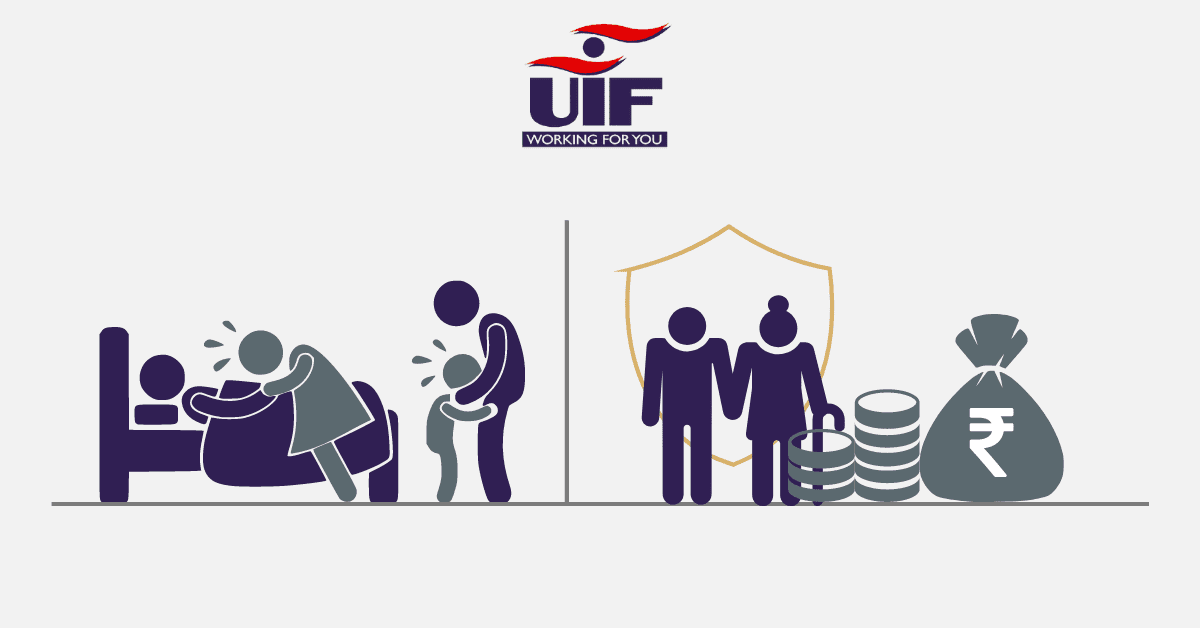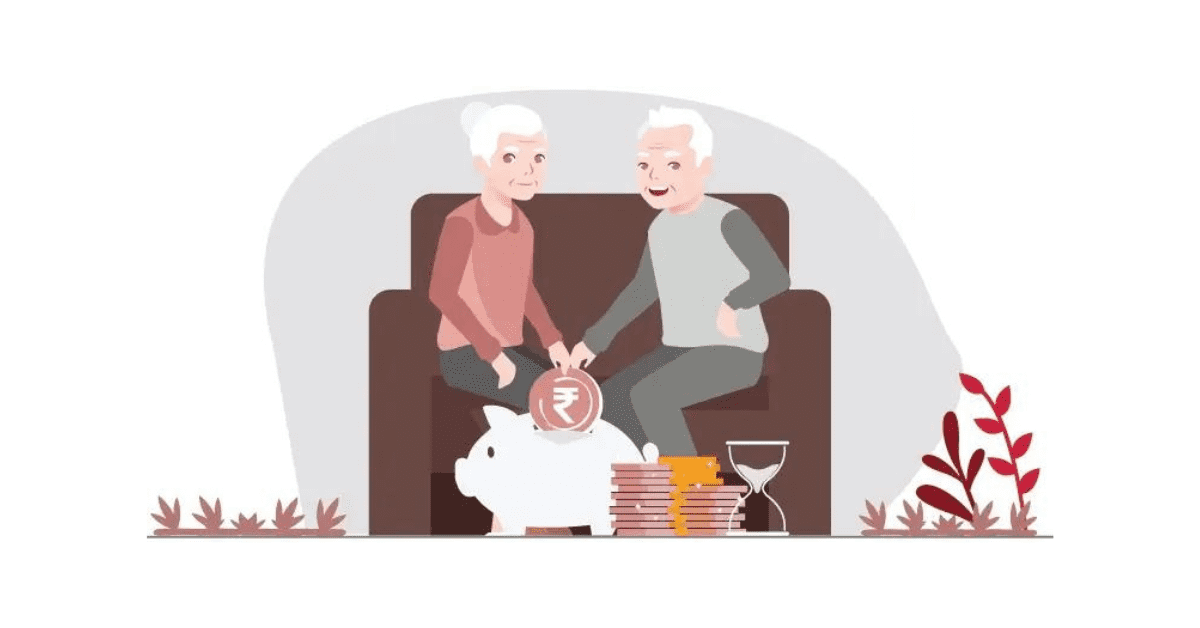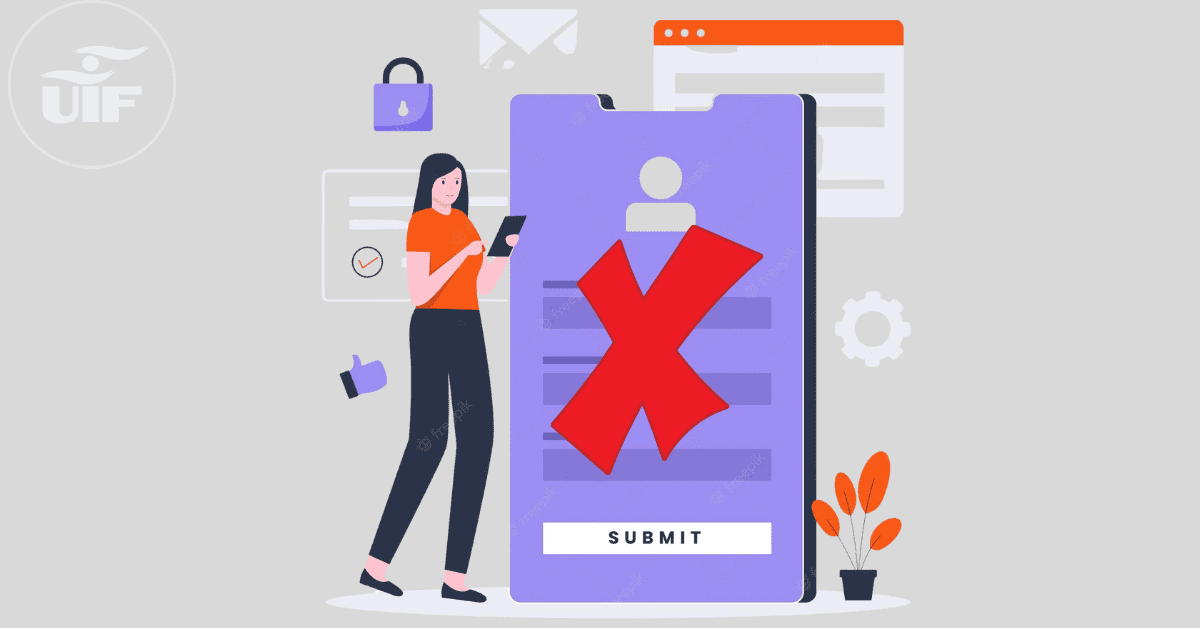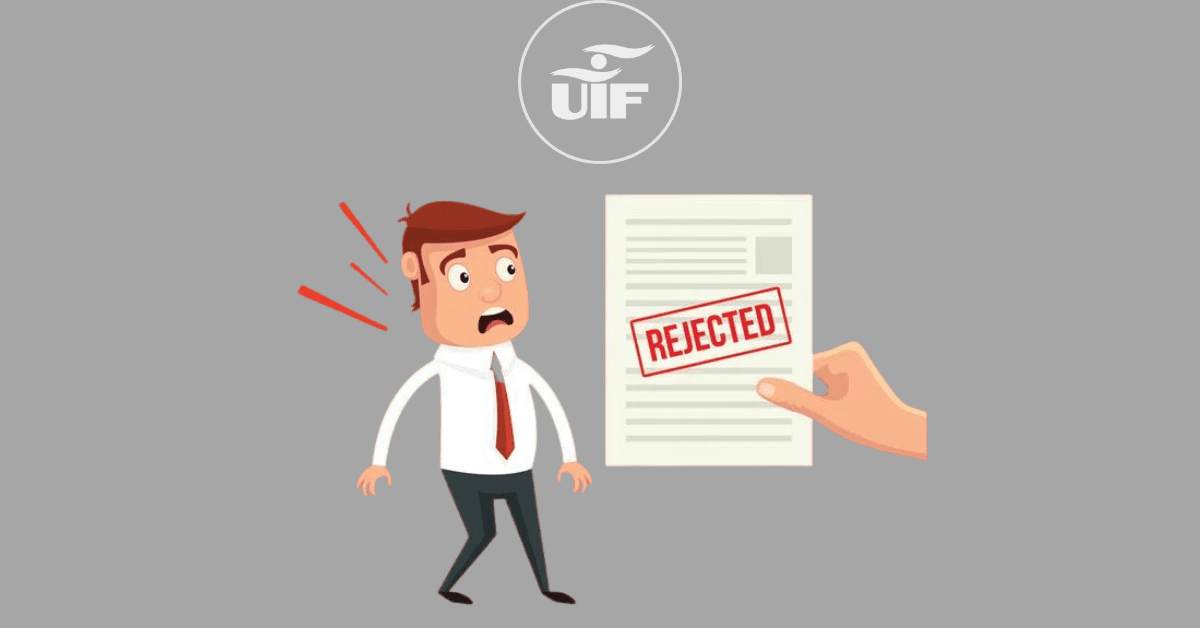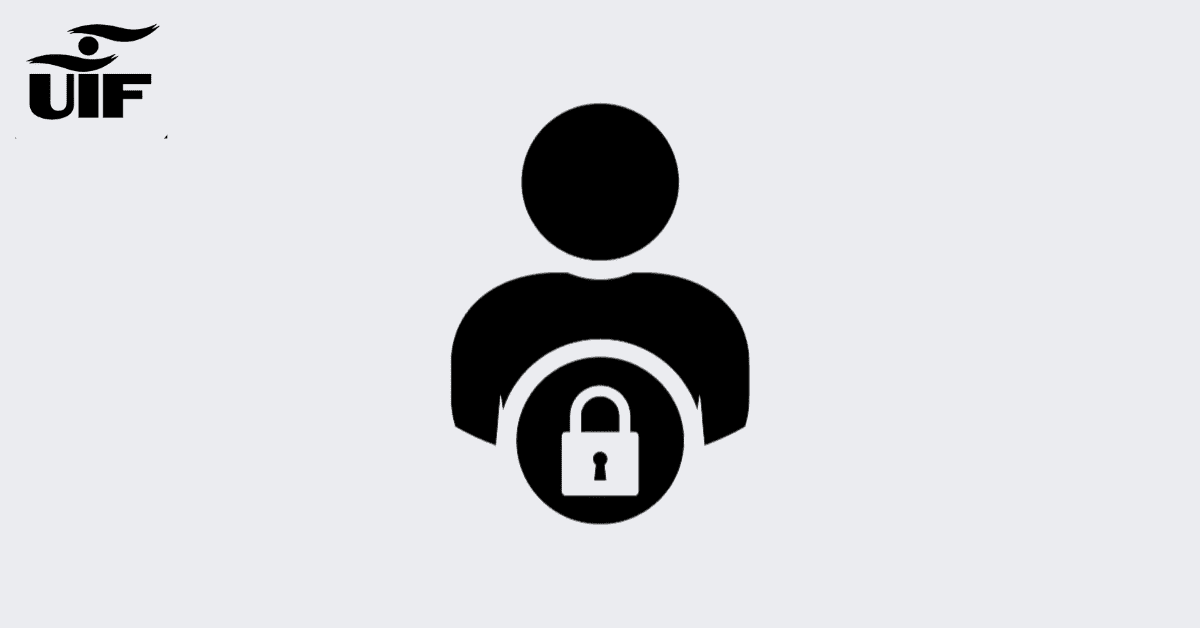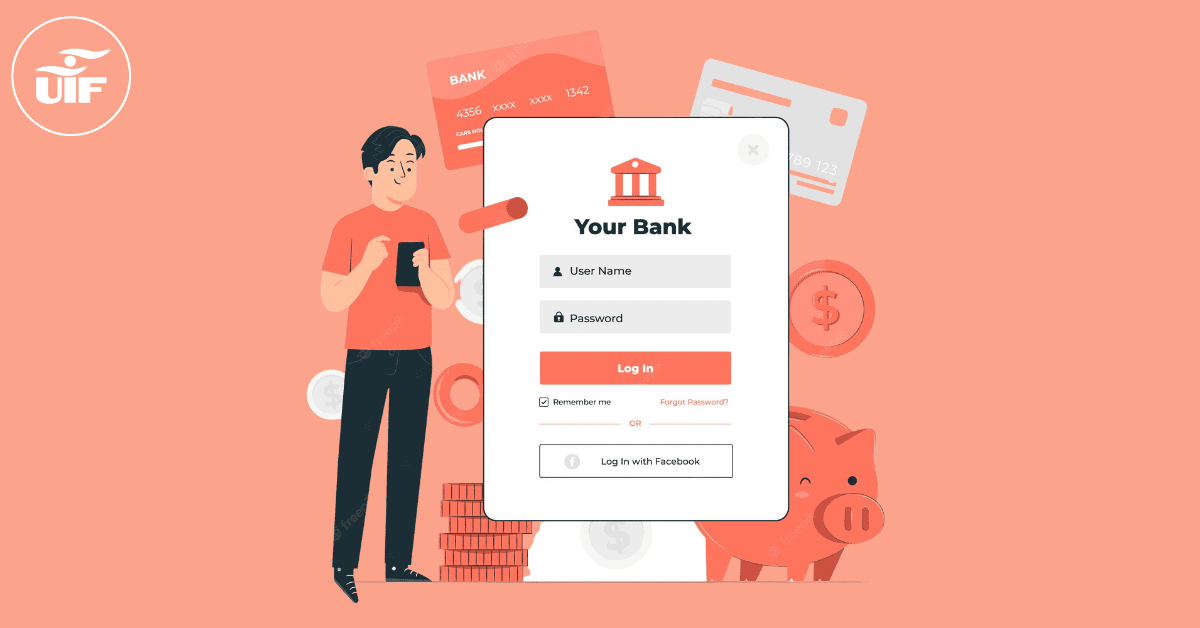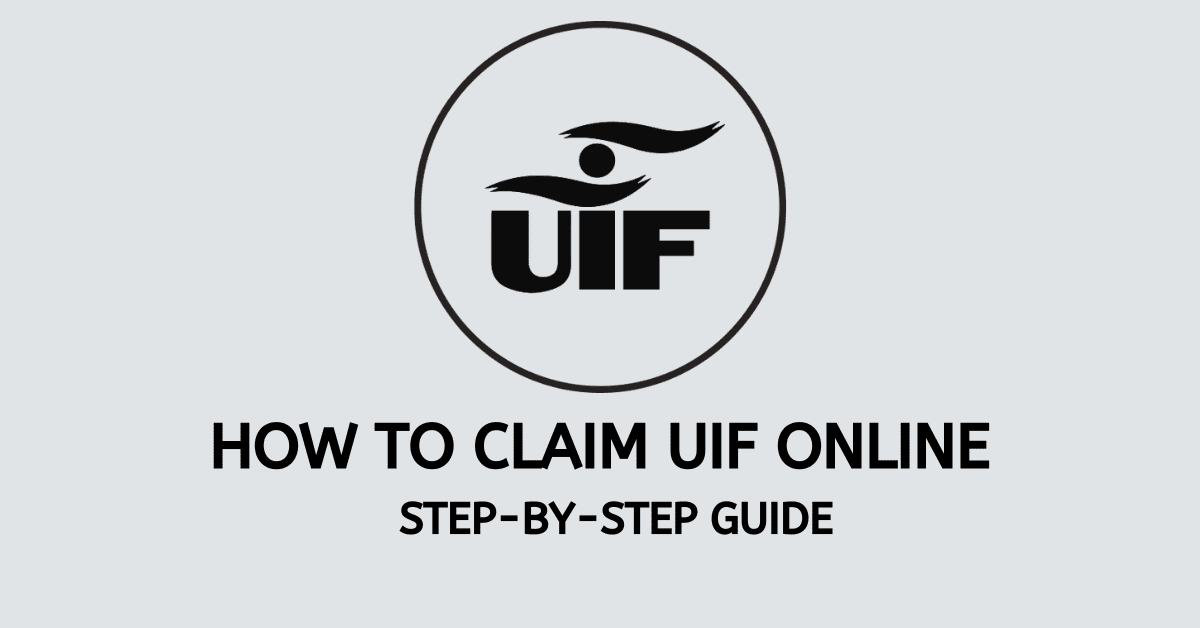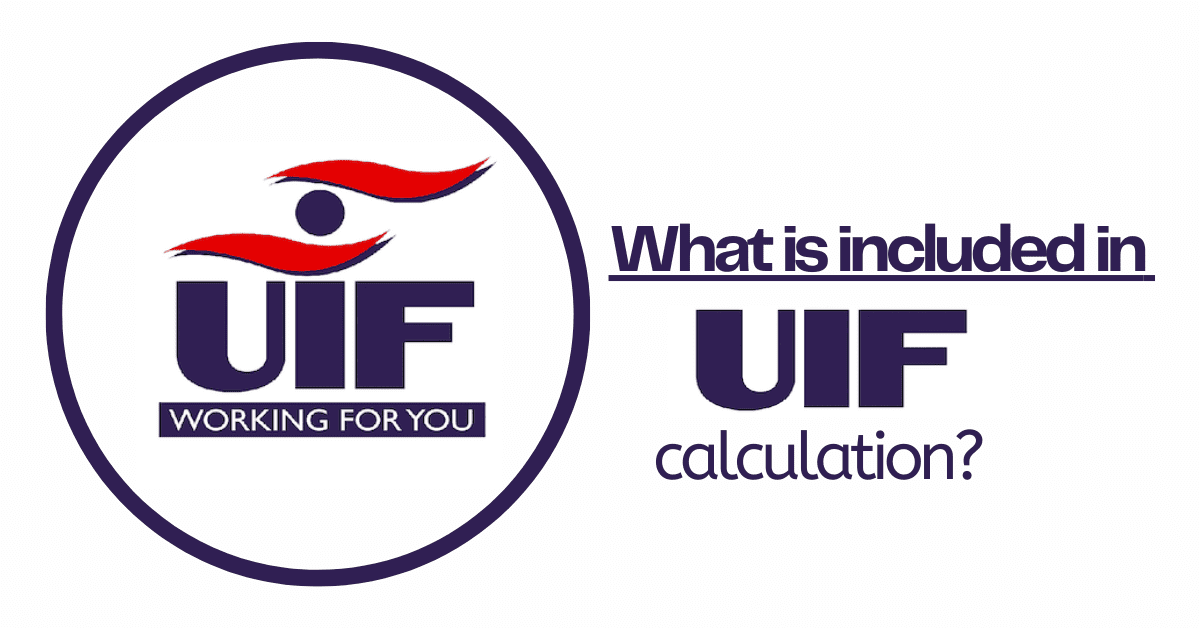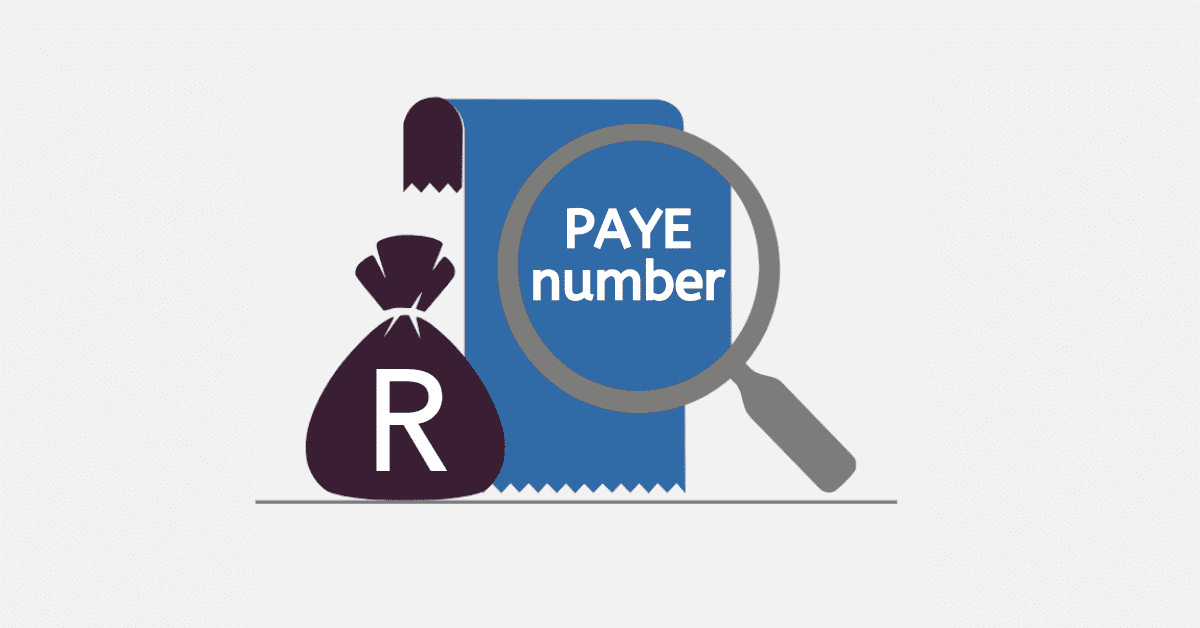The UIF fund exists to help employees with a limited-time pay-out should they become unemployed through no fault of their own. It is open to all employees who are eligible to pay into the fund during their working lifetime. Claiming your UIF can be intimidating, but we’re here to help. Today we’ve assembled this handy guide to UIF requirements
What are the Requirements for Claiming UIF?
To claim from the UIF, or Unemployment Insurance Fund, you must meet the following requirements:
- As an employee, you must have made monthly contributions to the UIF while you were employed. Your employer is required by law to deduct a percentage of your salary and pay it to the UIF on your behalf. These should show monthly on your payslip.
- You must have become unemployed through no fault of your own, such as being retrenched, dismissed, or having your contract ended. You cannot claim UIF if you resigned voluntarily or were dismissed for reasons like theft, incompetence, or absconding from work.
- To claim UIF, you will need to provide certain documents, including your ID document, UIF reference number and UI-19 from the company, employment history and certificate, verified banking details, and a proof of your last 6 months of salary earned.
- You must apply for UIF within 12 months of your last day of employment.
- To continue receiving UIF benefits, you must be actively seeking employment and willing to accept any suitable job offers that come your way. This now requires you to register as a job seeker with the department and respond reasonably to leads sent your way.
What Documents Do I Need to Claim UIF?
Of course, the UIF does not just pay out on someone’s word. You will need to ensure you have all the relevant documents to submit your application for UIF. This includes:
- A copy of your barcoded SA ID
- Copies of your last 6 payslips
- The UI-19 form from your employer, including your UIF reference number
- A service certificate and, if relevant, termination letter from your employer
- Proof of registration with the UIF as a job seeker
- The correct documentation for your claim (available digitally on ufiling.co.za or from a UIF office)
How do I Claim UIF (Step by Step)?
Here’s a step-by-step guide to claiming your UIF.
- Begin by assembling all the documents we mentioned above. Missing documents is a key reason for rejected UIF applications, so be careful and meticulous and ensure you have everything.
- If you have not yet registered for UIF, you must do so first. You can register online via the Department of Labour’s website (ufiling.co.za) or in person at a Department of Labour office. Digital channels are currently preferred.
- You must complete the relevant UIF claim form, which can be obtained from the uFiling website or at a Department of Labour office. You will also need to complete the UI-2.8 form, which is a declaration of information form.
- Submit your claim online by following the on-screen prompts, or do it in person at a UIF office.
- After you have submitted your claim, it will be processed by the Department of Labour. You can check the status of your claim online or by contacting the UIF call center.
If your claim is approved, you will receive your UIF benefits via electronic funds transfer into your bank account. You will need to ensure that your bank details are correct and up to date to avoid any delays in receiving your benefits. It is important to note that the UIF claim process may take several weeks, and it is essential to follow up on the status of your claim regularly.
Does UIF Money Expire if Not Claimed?
UIF money does not technically ‘expire’- it will always be there to assist if needed, even if you stay employed for many years. However, if you become unemployed, UIF benefits must be claimed within six months from the date on which you became entitled to the benefits. If you do not claim your UIF benefits within this period, your eligibility to collect the benefits will expire, and you will no longer be able to claim them.
It is therefore essential to claim your UIF benefits as soon as possible after becoming eligible for them to avoid losing them- especially as there may be a delay in processing or something to correct on your application. If you are experiencing any delays or difficulties in claiming your UIF benefits, it is smart to contact the Department of Labour or a qualified UIF consultant for assistance.
Now you know much more about the requirements for claiming UIF, what you will need to do so, and how the process works from start to finish. Hopefully, you will now feel much more confident in dealing with the UIF process.

